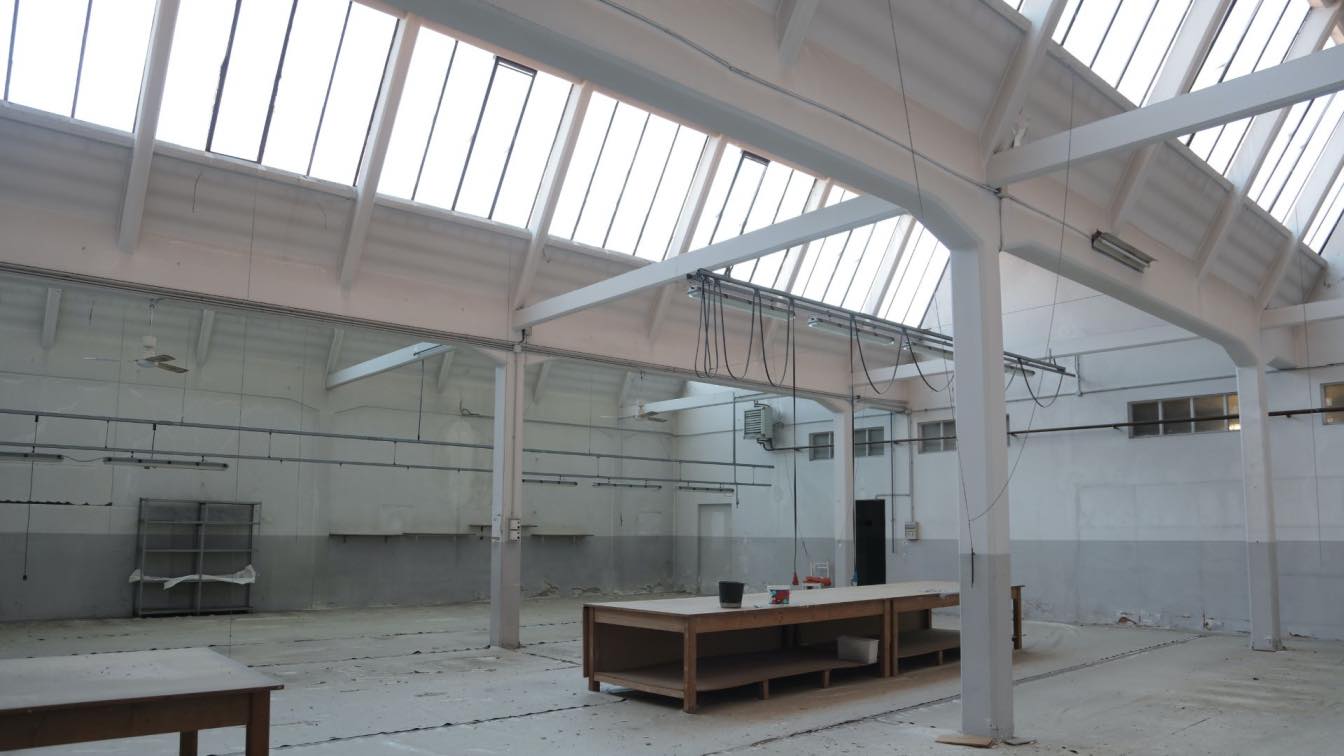Are you seeking an effective, sustainable energy solution? Oregon's solar panel pricing may have been a question on your mind. Providing these answers is pivotal to helping you make the right decision.
The price tag on solar panels in Oregon can shift, influenced by a range of factors. While there's an upfront investment, you stand to save a lot in the long haul. If you need solar for your home, keep reading to get the full scoop.
From initial setup costs to long-term benefits, all your concerns about solar panel pricing in Oregon will be addressed. Let us assist you in optimizing your energy strategy with our solution-focused guidance.
The Solar Panels Cost: Oregon
Assessing the cost of solar panels in Oregon plays a crucial role in making informed decisions towards adopting this sustainable energy source. Factors influencing the cost include the size of your home, the amount of sunlight your location receives, and even state-specific incentives. Your choice in provider holds significance in determining the cost and quality of off grid solar power systems. Research thoroughly to find trusted solar panel providers who offer competitive pricing.
Average Cost Details
The average cost of solar panels in Oregon stands at $31,160 before any federal tax rebates are taken into account. After applying the federal tax credit, the cost roughly tapers off to $21,812, significantly reducing your investment.
State Specific Incentives
Oregon offers several incentives to make solar power more affordable for its residents. These incentives help reduce the overall cost of the system and promote renewable energy usage.
Efficient Energy Utilization
By investing in solar power, you're not just saving on electricity bills but also contributing to an environmentally friendly solution. You can track progress and realize savings with efficient energy utilization.
Long-term Financial Benefits
Besides immediate savings on electricity bills, solar installations offer long-term financial benefits. After REC credits and incentives, often your investment is paid back within 8-12 years — after which everything saved is net gain.
Selecting a Reliable Provider
Your choice in provider holds significance in determining cost and quality. Research thoroughly to find trusted solar panel providers who offer competitive pricing.
Factors Influencing Solar Panels Price
The cost of solar panels in Oregon can vary significantly based on a number of factors. These include the size and type of your solar system, the specific location of your home, and the amount of sunlight your property receives.
The incentives and rebates available in your area also affect the overall cost. For instance, qualifying homeowners can benefit from the 30% federal tax credit. This often makes solar power a highly affordable option.
1. Size and Type of Solar System: The larger your solar system, the higher the upfront cost. However, increased size also means more potential for energy production and savings over time.
2. Location: Your solar panel cost in Oregon depends on your home's specific location. Favorable geographical locations with greater sunlight exposure can make more efficient use of solar panels, driving down costs.
3. Incentives and Rebates: These are designed to ease the financial burden of transitioning to renewable energy. They are subject to change, so it is advisable to stay updated on current policies.
Note that an average system cost for a 6 kW solar installation is $10,517 after applying the 30% federal tax credit. Always consider these factors when planning for solar panel installation alongside considering your budget and needs.
Oregon Solar Panels: Tax Credits
Are you considering integrating solar energy into your Oregon home? It's essential to understand the tax credit's perks. The federal government offers incentives to encourage homeowners to install solar panels.
The initial cost of installing solar panels can be hefty, but tax credits significantly reduce this number. Keep in mind; these benefits vary depending on location and overall installed system capacity.
Solar Panel Costs
The typical cost of solar panels before incentives is $3,600 for each kilowatt of capacity. This price often includes the panels themselves, inverters, mounting hardware, and the labor involved in installation.
While this cost may initially seem steep, remember that it's only preliminary. Once you factor in tax credits and other incentives, the price will decrease drastically.
State and Federal Incentives
Oregon has some different financial incentives apart from the federal Investment Tax Credit (ITC). For instance, you may qualify for Oregon's Residential Energy Tax Credit (RETC).
This state-specific incentive would further decrease your solar panel system's total cost. Therefore, always check local programs available in your area to maximize savings.
Energy Bill Savings
Besides financial incentives and tax credits, don't forget about potential savings on energy bills. Once installed and operating, your solar panel system will generate free electricity that reduces or possibly eliminates your utility power costs for up to 25-30 years.
Net Metering Credits in Oregon
In Oregon, solar users have the opportunity to benefit from a program known as 'net metering'. This allows you to offset your electricity costs by selling any surplus power your solar panels generate back to the grid.
Your utility company will provide credits on your bill for the excess energy you produce. It can significantly reduce your overall energy expenses and make your investment in solar more worthwhile.
There are several factors to consider when factoring these credits into the price of your solar system:
The size of your roof: The larger it is, the more solar panels you can accommodate, thus generating more power.
Your current electricity usage: The more power you consume, the more significant cost savings you'll gain from net metering.
Sunlight exposure: The amount of direct sunlight your roof receives significantly impacts the amount of power your panels can generate.
Panel efficiency: Higher-quality panels tend to be more efficient and can therefore produce more electricity.
Incentive programs: Several incentive programs exist that might help lower the upfront costs of installing solar.
By understanding net metering and factoring it into the cost-effectiveness of solar installation, you can ensure that your switch to sustainable energy is an informed and beneficial decision. Net metering allows you to maximize utility while lowering both environmental impact and energy expenditure.
Choosing Your Solar Installer
Choosing the right solar installer for your needs involves considering several factors. These encompass price, quality of equipment, and the company's reputation.
A crucial step is conducting thorough research. Examine multiple quotes from different installers to get a sense of market rates for installation in Oregon.
1. Price comparison: Cost-effectiveness is vital. Make sure you are getting value for your money.
2. Equipment Quality: A low cost might indicate poor equipment quality. Verify the panels are durable and efficient.
3. Company Reputation: Check out ratings and reviews online. A reputable company usually means reliable service.
4. Warranty: A good warranty period should be an essential component of your purchase.
It's also essential to understand how solar incentives work in Oregon. These incentives can significantly reduce the overall cost of your solar panel system.
Your choice of installer can influence how effectively you tap into these benefits. Ensure your preferred installer is well-versed with local incentive schemes.
A knowledgeable installer eases your transition to solar and allows for maximum utilization of incentive opportunities in Oregon.
Sizing Your Solar System
If you're planning to shift towards solar power in Oregon, understanding the size of your solar system is essential. Sizing your solar system primarily depends on your energy use, and how much sunlight your area receives.
The average cost per watt of solar panels in Oregon is $3.28 which can help you estimate the total cost of your solar system. By looking at your energy usage on your electricity bill, you can determine the number of solar panels required to cover your consumption.
Calculating Solar Panels Cost in Oregon
When considering solar panels, it is essential to understand the costs associated with the system. This includes more than just the price of the panels themselves. You also need to factor in installation, maintenance, and potential energy savings.
Early estimation may seem challenging, but once broken down, it's manageable. The average cost per watt in Oregon is approximately $2.77 to $3.71 according to Smart Solar Energy. This cost can vary based on factors such as panel quality and size of the system.
To help you grasp a better understanding of solar panel costs in Oregon, we've compiled a brief list:
Installation Costs: This involves labor and setup fees which differ based on the complexity and size of your rooftop or ground-mounted system.
Maintenance Costs: Regular cleaning and periodic component replacements sustain panel efficiency.
Energy Savings: Deduct these from total costs, they depend on size and efficiency of your system along with local sunlight exposure.
Incentives and Rebates:Deduct any government incentives or utility rebates from total costs. They effectively reduce your initial investment.
You'll want to analyze these factors as well as your household's energy consumption before making a final decision. Owning a solar energy system might initially be an investment, but it could eventually prove itself advantageous by offsetting utility bills.
Your Solar Summary
In Oregon, solar panel costs can widely vary. They depend on your energy consumption, the type of solar power system installed, and available incentives.
You'll initially invest between $15,000 to $25,000. However, federal tax credits, utility incentives, and energy bill savings can significantly reduce your net cost.
Given their durability and the long-term savings they provide, solar panels are a worthwhile investment within your reach in Oregon.





